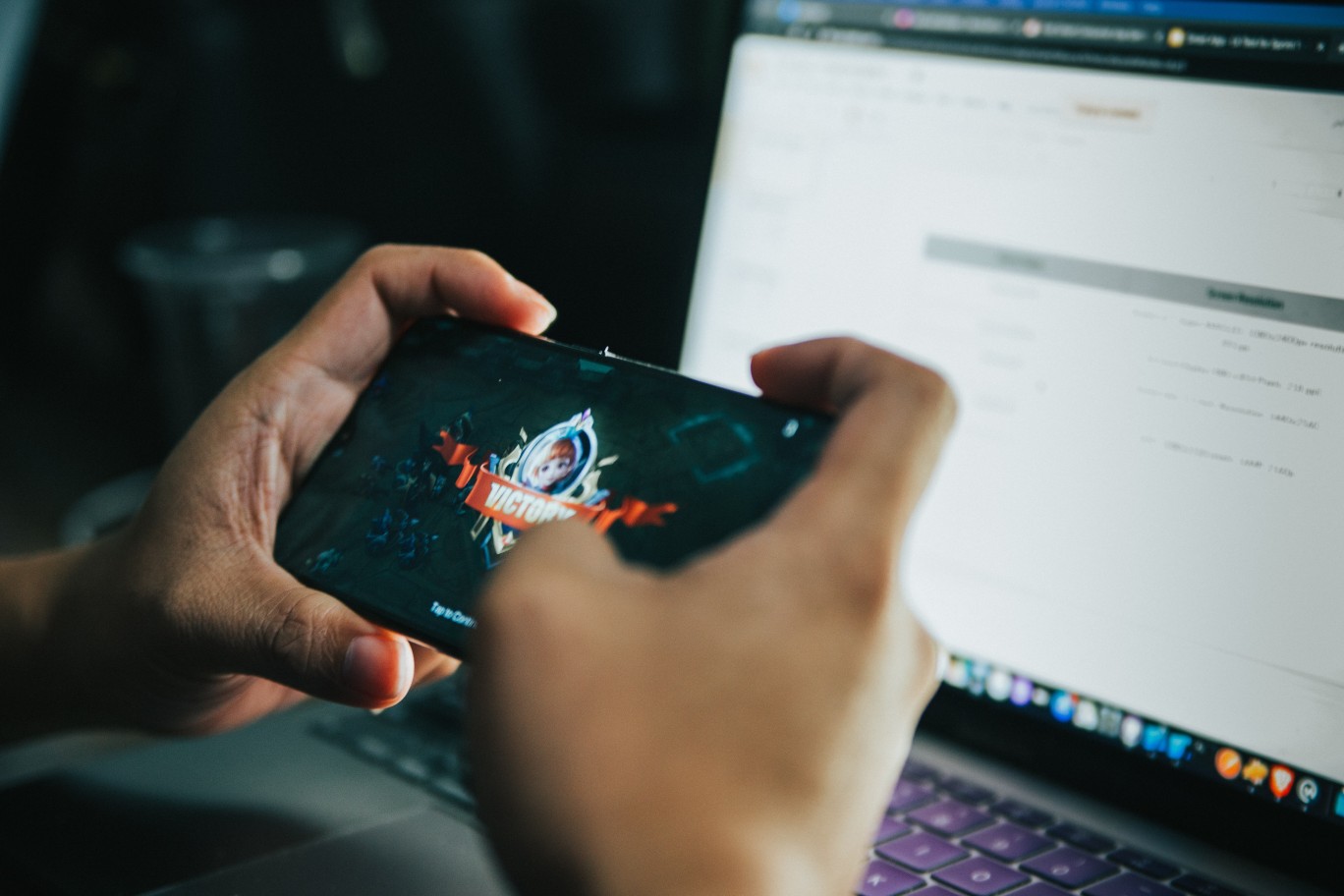Our busy lifestyles are forcing us to constantly play catch up with daily tasks and responsibilities. This leaves us no choice but to do our best to execute as much as possible as fast as we can in as little time as possible. To juggle many tasks simultaneously. But is multitasking good or bad? Does it work in your favor in the long run?
While there are numerous claimed advantages and disadvantages to multitasking, it really comes down to the individual. Do you feel it’s more important to get lots of tasks completed even if the results are not the best or, fewer tasks completed but done to the best of your ability? Each perspective is useful in certain circumstances, but overall you must consider the long term effects of multitasking.
One thing is true for sure: multitasking consistently is going to do more harm than good. Too much of it will make you lose your ability to focus and concentrate and it will kill your productivity, all while causing you stress, anxiety, and eventually, all of this will leave you feeling drained and exhausted.
But there are situations where multitasking seems like the perfect solution for getting a lot done in a limited amount of time. In the end, is multitasking good or bad for you?
Table of Contents
Is Multitasking Good?
Multitasking is a double-edged sword. It can serve you well if you do not overdo it. By focusing on more than one thing at a time, you train your mind to develop in different ways.
First, you start learning how to handle tasks better under pressure. You can practice multitasking in order to gradually train yourself to handle more activities for a short time. This will, in turn, help you become faster at finishing tasks, which could be useful when there is time pressure.
Multitasking can actually be somewhat useful, so what are the positive effects of it?
- You make progress on multiple projects at once
- Multitasking prevents loss of interest in each task
- When you get stuck, you are able to switch over to another task
- If waiting for input, you can continue with a second task while waiting, which prevents delays
Multitasking is not all that bad if you only practice it occasionally. Many people jump to multitasking because it can possibly help them finish more projects at once and this can be convenient in a fast-paced working environment where a lot has to be done in a short time.
In addition, multitasking prevents a loss of interest and if you have difficulties with finishing a task, you can simply switch over to another one. Or when you need to finish a project, but you are waiting for input from someone else, you can switch to another task while you wait.
So Why Is Multitasking Bad?
OK so you must be thinking – If there are so many positives for multitasking why are we still claiming multitasking is so bad? Let’s consider some of the problems with multitasking, on a regular basis.
While multitasking can be seen as a great way to do a lot at once, it has many drawbacks if done routinely.
“Multitasking is the ability to screw everything up simultaneously”
–Jeremy Clarkson
If you wish to achieve a goal, you need to fully focus on it. While you may be physically able to work on many goals simultaneously, your energy will be divided between all of them. There are only twenty-four hours in a day, your time is limited, your energy also needs to be recharged, and your brain does not have the capacity to focus on more than one thing at once. This means that multitasking is not sustainable in the long run because it will decrease your ability to perform. What you need to do is pick which one of your goals is your biggest priority and fully work on it exclusively. If you pick a few goals to achieve at once, you are more likely to sabotage not only your biggest goal but the rest of them as well.
When you continuously force yourself to do an exhausting or unpleasant activity, it will cause you to crave balance and your mind will, willingly or unwillingly, search the rest it needs. Sometimes when you do not allow yourself to have the rest your body requires, it will do this for you. You will soon notice how many tasks you have not been able to finish doing simply because you have put too many on your to do list and you cannot realistically handle them all at once. If you wish to achieve the best results and with the best quality possible, do yourself a favor and simply focus on one thing at a time only.
We cannot consider the disadvantages without talking about multitasking and stress. Ironically, while multitasking teaches you how to handle tasks better under pressure, it also causes you to stress over how well you can do them all at once. You are putting pressure on your brain to do the impossible – think about more than one thing at once. You are forcing yourself to do something that does not feel natural, nor is it productive. Thus, creating unnecessary stress for yourself, which ultimately may lead to exhaustion and reduced energy. If you multitask for a long time and for many hours a day, you will drain your energy far more quickly than if you take it slowly and fully immerse yourself into what you are doing, one thing at a time.
If you allow multitasking to cause permanent stress, it may lead to further complications. Did you know that if your body is constantly battling with stress, it will become more vulnerable and susceptible to health complications?
If your body senses danger, it will try to fight it. It is what happens when we have the flu, we couch, for example, which is our body’s natural mechanism for fighting with the disease. The same thing happens with stress. We see danger and our body releases stress hormones to fight the perceived danger. If we allow stress for too long in our bodies, we are going to waste our energy. Unfortunately, not having enough energy makes your whole physical body more vulnerable and a weakened immune system. You may be telling yourself, “I have no fear, multitasking is not causing me any fears!”, however, subconsciously your mind is perceiving the ‘danger’ from thoughts such as, “there is no time!”
Do yourself a favor, do not allow stress from multitasking because it will ruin your health.
Overall, multitasking is difficult to use on a day-to-day basis, but you can really find a way to make it work if it is absolutely necessary for a short period at the expense of your own energy, and even health.
But do not fret, you can still make things better simply by doing one thing at a time.
Extra advice: Try multitasking for a short time to give your brain a little bit of a challenge. When you start feeling tired, stressed or your productivity dropping, stop immediately. Use multitasking only as the exception not the norm.
Takeaway
Multitasking, a useful tool, and a betrayer, even though highly beneficial for a short time, it can significantly harm you in the long run. However, this should not fully discourage you from practicing multitasking if you know when and for how long to continue doing it.
Have you decided if the drawbacks of multitasking outweigh the advantages? If so, it is time to take a break, complete one activity at a time, and practice better time management in order to have time for as many activities as possible and as many as you can handle in a healthy way.









